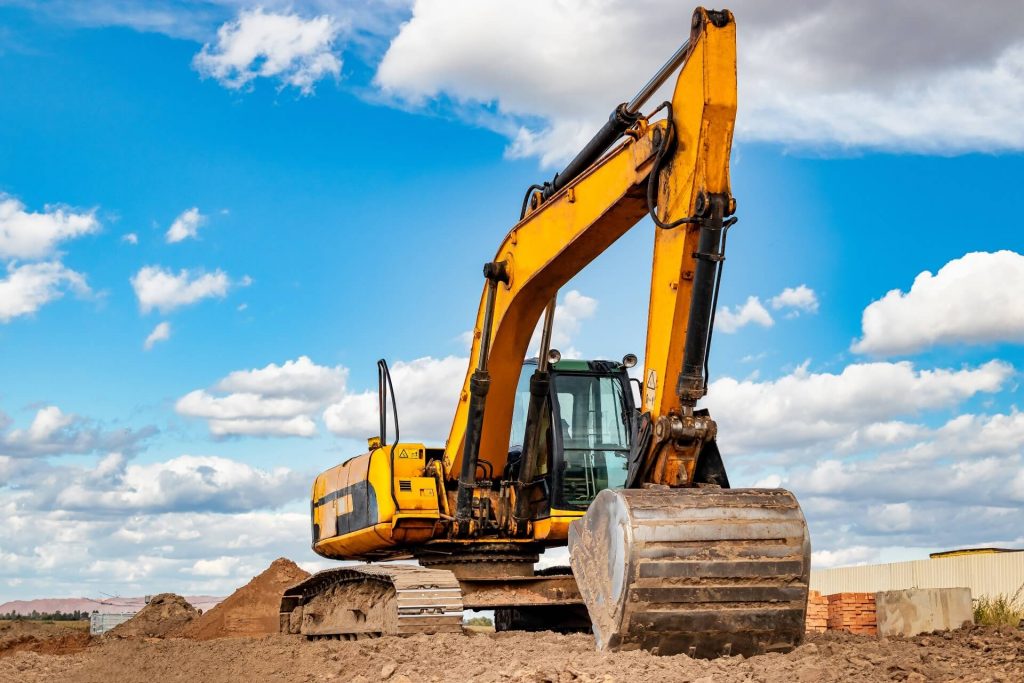
Buying off the plan can be amazing. It can also be fraught with danger. Here are the main things to consider in deciding if it’s right for you.
Advantages to buying off the plan
Let’s start with the reasons you would consider buying off the plan.
You get a brand-new property
You’ll be the first owner and you get to enjoy that sparkling new feeling. You may even get some input into fittings and décor, so your property will match your taste.
There are financial advantages
Buying off the plan is a good deal financially in a number of ways.
- Generally, property values rise over time. So if you buy off the plan at current prices, by the time the property has been built, you would expect the value to have increased.
Of course, that’s a general rule. As we’re seeing at the moment, property prices can actually drop. So this isn’t guaranteed, but it happens more often than not.
- Saving so that you have a larger deposit may even mean you no longer have to pay Lenders Mortgage Insurance, which is a substantial saving.
- If you’re buying an investment property, you can get full depreciation on a new build which improves returns.
- You also have the opportunity to save while your home is being built, thus reducing your mortgage.
- If you’re buying your first home and the purchase price is below the set limits, you may be eligible for one or more of
- stamp duty exemption or reduction
- the First Home Buyers Property Choice property tax
- the First Home Owner Grant from the NSW Government.
So you can see there are plenty of reasons to look seriously at buying off the plan. Just remember, it’s not always plain sailing.
Risks of buying off the plan and how to mitigate them
The biggest risk is that you don’t actually get some of those perceived advantages of this buying approach.
You can’t inspect or guarantee quality
You’re buying speculatively, and you’re dependent on the developer delivering to the standard you’re expecting. There have been some recent developments in both Castle Hill and the Sydney CBD with quality and structural building issues.
Poor quality affects you in more ways than one:
- The pleasure of owning a brand-new home is lost completely.
- Poor quality also lowers the property value. In extreme cases, you may not be able to sell for what you bought it for.
- In extreme circumstances a building may have its occupation certificate revoked. This means no-one is allowed to live in it – but mortgages still need to be paid. Whether you’re an investor or an owner-occupier, it’s a huge financial loss.
This has happened in the Sydney CBD. It’s not an everyday event, but it is a real risk.
How do you reduce the risk of poor quality?
Start with thorough due diligence. Look at the developer’s reputation. Find out who the builder is, although the developer can change builder midway through a project as well. Have a look at other units from the builder and get a feel for the quality of their work.
Don’t rely on promises, designs or the display home. Rely on the contract.
- I’ve seen off-the-plan contracts which specify the number of rooms in a unit, but not the dimensions of those rooms. Make sure your contract includes minimum sizes. If you visit a display home with high ceilings and that’s a feature you want, check the plans.
- Pay attention to car spaces too. Your actual space may not be allocated at the time you exchange, but if you have a Land Cruiser or another large car, try to specify minimum dimensions for your parking.
- Be specific about inclusions. Will your unit have the stone benchtop that you saw in the display unit? Or will it be replaced by Laminex? What about the stove and the dishwasher? Specify the number of burners. Specify the brand or quality level of the appliance. (Replacing a Miele dishwasher with a Bosch one is very different from switching to LG.)
If you’re buying a strata property, many alterations require approval from the body corporate. Not only do you not get what you were expecting, you may face hurdles fixing the issue.
At VJ Tait & Associates we push to include as much detail as possible. It may take a little more time, but you’re more likely to get what you want. And if you’re buying off the plan, you have time!
You’re making a long-term commitment
Any property decision is a major one, but buying off the plan locks you in for longer than most.
Normal settlements are about a six-week turnaround. Even if they’re a bit longer or shorter, you know the date that you’ll be taking possession.
When you buy off the plan, you could have to wait up to five years for your property to be built. It depends whether you’re buying at a stage where the developer has actually commenced building or whether no one’s turned any dirt yet.
Nor do you have an exact date. The developer and the agent may give you an estimated completion date, but that’s not guaranteed. We’ve had three wet summers which have delayed building, plus there are supply chain issues in construction. Even if you want to, you can’t settle until the project is completed; the individual unit titles have been registered with Land Registry NSW, and the local Council has issued occupation certificates.
During the time you’re waiting, your circumstances may change. You could lose your job. You could get married, or have children so the place you’ve committed to is too small for the family. Or as happened to one of my clients recently, you and your partner might split up and not want to proceed with buying together.
But you have signed a contract. If you withdraw, you risk losing your 10% deposit. You could also be sued for breach of contract, if that’s how the developers want to go. With the current market, there’s no guarantee they can sell for a higher price once you withdraw, so there’s more incentive to sue.
Buying unregistered vacant land
This is another, less well-known way to purchase land off the plan. Whilst it does not have the same risk as buying a unit regarding fittings and quality of construction, many other considerations are similar.
- Completion time remains a major consideration. Land developments can take as long as construction developments to complete, as the development includes building roads and putting in essential infrastructure (water, power gas, telecommunications, NBN etc).
- Poor weather conditions may impact the completion of the subdivision and cause delays.
- In the same way as when you buy an off-the-plan unit, you need to be sure you specify room sizes, when you buy vacant land you must be sure to specify the size of the block. Land size has an impact on the size house you can build once the land is yours.
- In addition to land size, be careful about slope or easements. There’s a huge difference between 700 square metres of land with no easements, or a similar sized block where half the area is steeply sloping and a sewerage or stormwater easement passes through the flat area.
- Any stamp duty payable on unregistered land is due within 3 months of exchange of contracts, unless you are a first home buyer utilising the First Home Buyers benefits. So you are paying this money out long before settlement takes place.
Manage your risk
Be very aware that when you sign a contract, you are making a commitment. Consider your circumstances and how likely they are to change in the time frame.
Ensure you know how long you might be waiting. Don’t base it on what the developer or agent tells you, base it on the sunset date written in the contract. That’s the date by which they are promising to have all the registration and certification completed. Most contracts allow the developer to extend this sunset date for at least a further 12 months so you need to check the detail before you can be clear on the longest possible end date.
You can only rescind and get your deposit back if the developer doesn’t complete the project by this date. If they do complete the project as promised by the due date required, then you must proceed to settlement too.
There is financial risk
The property market is cyclical – there are downturns You could find that the value of your investment goes backwards during the period between exchange and settlement. Your finance for the purchase depends on the value of the property – your bank will only lend on the value of the property not the purchase price you originally agreed. That can leave you needing to find some extra money to add to the funds you have to provide as.
Similarly, the rental market fluctuates. If you’re buying an investment property, there’s no guarantee you’ll get the rent you predict now. If most of the buyers in a development are investors, the local market can be flooded when the project first completes. That also affects rental returns.
Financial risks can’t be avoided, but you can be aware of them. Consider running some projections based on poor scenarios, to see whether you have capacity to handle them.
Is buying off the plan right for you?
It’s clear there are pros and cons to buying off the plan. How do you decide whether it’s right for you?
First home buyers are often attracted by the idea of getting a bargain – or just getting into the property market at all. The fact that they can keep saving helps too.
Investors like the full depreciation after settlement. They tend to buy towards the end of the off-the-plan period so they’re not waiting too long.
Retirees who are downsizing from houses to units often choose this approach too. They’re happy to rent for a while until their property is ready. They know what they want in a property and like a brand new one.
So the buyers are really diverse. If your life circumstances or finances are uncertain, buying off the plan may be a high risk option, but for everyone else, it’s really a matter of what suits you.
